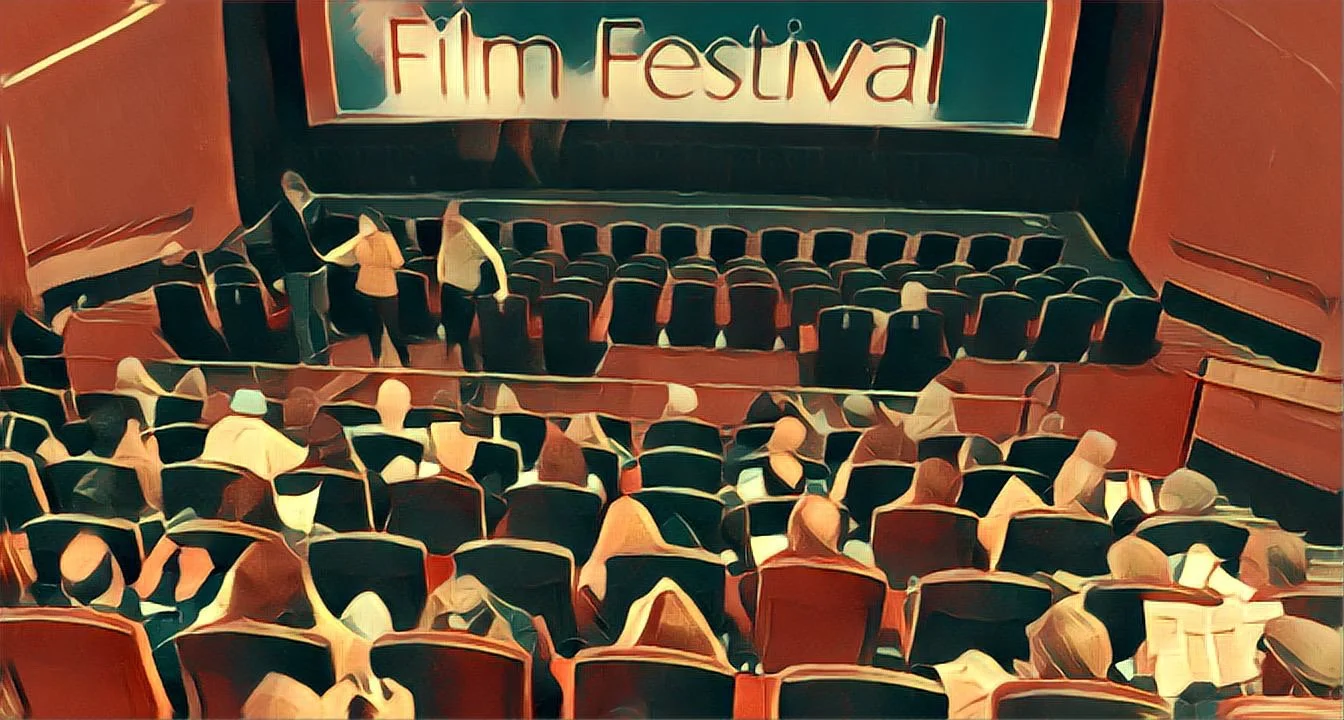Who cares about magnetic meteorites?
“Small moves, Ellie, small moves”
I’ve always had a strong interest in science. It started in childhood in a household that valued reading, books, and education. My dad regularly took my brothers and me outside at night to look at the stars and planets through his telescope. My older brother made me serve as his lab assistant in his basement chemistry laboratory. My early professional career focused on research into how scientists and medical researchers use various technologies to communicate and share information. I occasionally read books with a focus on science.
A couple of years ago I joined the American Association for the Advancement of Science (AAAS) largely so I could read news about current research. Some of what I read there is aligned with my professional interests such as public data access, research publishing, and science policy.
Occasionally I’ll run across an article serendipitously that piques my interest despite its seeming irrelevance to any of my personal or professional interests. So it was recently when I ran across a news article in the April 6 issue of Science science titled Magnets wipe memories from meteorites, erasing billion-year-old data.
“What’s this?” I wondered. It turns out that meteorites when they fall to earth contain a record of magnetic patterns created from the point of their origin billions of years ago. One such meteorite, determined to have come from Mars, famously contains traces of the magnetic field that Mars once possessed but no longer has.
The point of the story was that it has now been determined that a popular method used to hunt for meteorites on earth—strong magnets—unfortunately “wipes” and replaces the magnetic field generated at the time of the meteorite’s origin.
For scientists who use the original magnetic record to study the origins of the solar system this wiping is disastrous. While strong magnets can be replaced with much more expensive devices that don’t alter meteorites’ fundamental magnetic patterns, such a replacement might threaten the livelihood of those in poorer countries who depend on finding and selling meteorites with cheap detection methods to support their families.
Economic and sociopolitical interests aside, what difference does it really make to the advancement of science if we do lose access to the history that meteorites’ magnetic patterns provide? It’s not like we’re discussing the cure for cancer or how Covid originated here. Who really cares about the scientific careers of the “paleomagneticists” who care about this stuff? What difference does it make if we gain a better understanding of how the solar system originated? And, why do I care about such things?
I do know something about the history of science. Some discoveries are made just because someone is curious, some are made accidentally, and some are made because someone was concentrating on a specific goal or application.
If there are two things I know about the history of science and scientific research it is that (1) knowing what’s going to be useful in advance and (2) knowing how some findings might be applied are often impossible. Also, scientific findings can have both good and bad uses as well as unintended consequences. That’s not the “fault” of science, that’s just how people and the world operate. Just as splitting the atom had both good and bad uses, other scientific findings can have both good and bad uses. It’s up to us as humans to act responsibly. So, who am I to judge whether it’s important if the magnetic memory in a meteorite that falls to earth is “wiped” or not?
There are people who do care. They could possibly use the resulting information to contribute to our understanding how the solar system was formed. Maybe the question of “so what?” is really the issue which gets us back to contemplating why scientific knowledge and its sharing are important. Scientific pursuits are based on human priorities and the consideration of such priorities is one of the things that sets us apart from other species.
Copyright 2023 by Dennis D. McDonald





